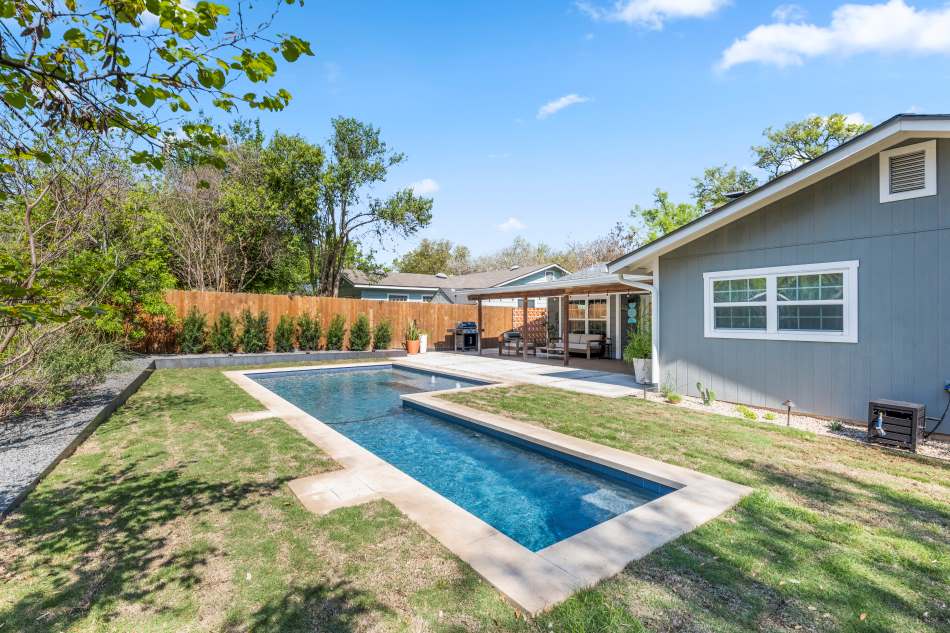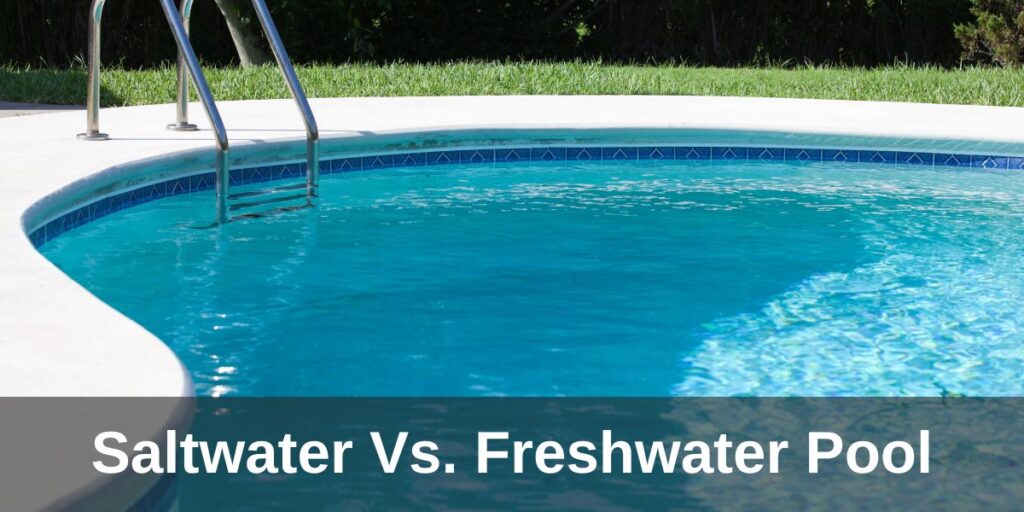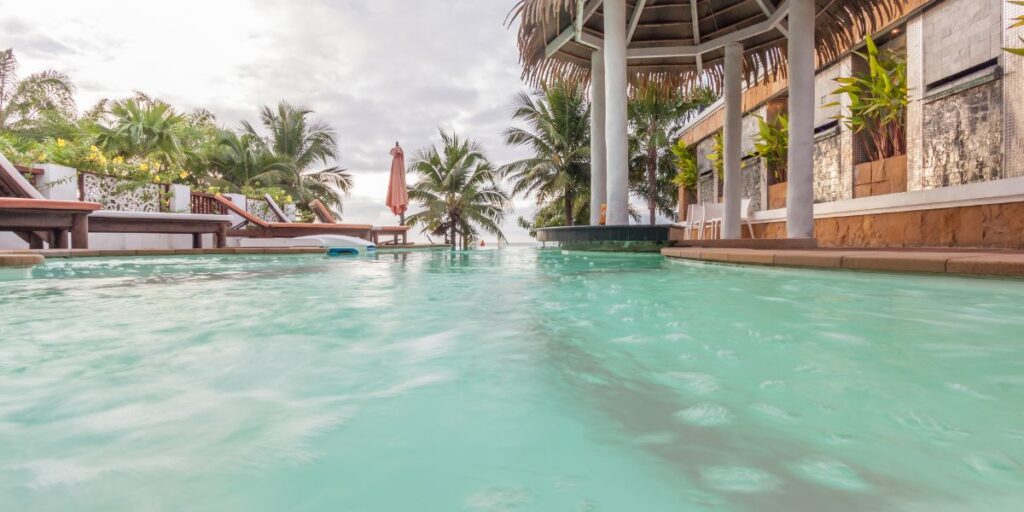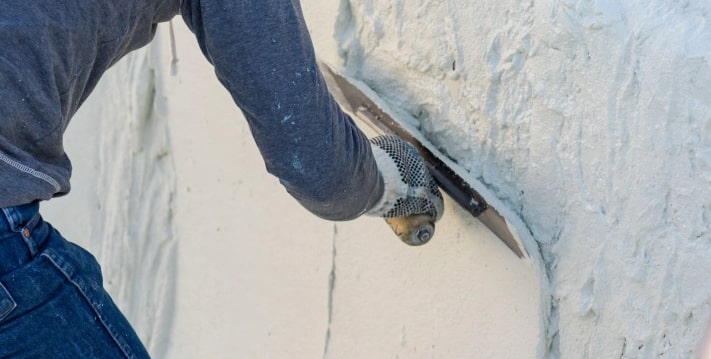Swimming pools are a popular addition to many homes, providing a perfect spot for relaxation, exercise, and entertainment. When deciding to install a pool, one of the first choices homeowners face is the type of pool to build. This article delves into the detailed comparison between two popular options: concrete pool vs fiberglass pools. Understanding the differences, benefits, and drawbacks of each will help you make an informed decision that best suits your needs and preferences.
Overview of Concrete Pools
Concrete pools, also known as gunite or shotcrete pools, are constructed using a mixture of concrete and sand. These pools are built on-site, allowing for a high degree of customization.
Must Read: Top 10 Shapes of Inground Pools for Your Home in Austin
Benefits of Concrete Pools
- Highly customizable in terms of shape, size, and depth.
- Extremely durable and long-lasting.
- Can be updated and refurbished over time.
Overview of Fiberglass Pools
Fiberglass pools are pre-fabricated in a factory and then transported to the installation site. They are made from fiberglass-reinforced plastic, which forms a solid, one-piece shell.
Benefits of Fiberglass Pools
- Quick installation, often completed within a week.
- Smooth, non-porous surface that resists algae growth.
- Lower maintenance costs compared to concrete pools.
Concrete Pools vs Fiberglass Pools Comparison
| Comparison Table Concrete Pools vs Fiberglass Pools | ||
| Comparison Factor | Concrete Pools | Fiberglass Pools |
| Durability | Less durable | Highly durable |
| Cost | Expensive | Affordable |
| Installation Time | Several weeks to month | Installed in a week |
| Design and Customization | Limitless designs | Limited designs |
| Maintenance | Hard to maintain | Easier to maintain |
| Comfort and Aesthetics | Less Comfortable | Smooth, Comfortable surface |
| Resale Value | Can add significant value if well maintained | Increase property value |
Durability
- Concrete Pools: Known for their strength and durability, concrete pools can last for decades with proper care. However, they may require resurfacing every 10-15 years.
- Fiberglass Pools: Also highly durable, fiberglass pools can last as long as concrete pools. The gel coat surface can last for many years without needing major repairs.
Cost
- Concrete Pools: Typically more expensive to build due to the labor-intensive construction process. Maintenance and repair costs can also be higher.
- Fiberglass Pools: Generally more affordable upfront. Lower maintenance costs due to the smooth surface and resistance to algae.
Installation Time
- Concrete Pools: Can take several weeks to months to complete.
- Fiberglass Pools: Usually installed in a week or less.
Design and Customization
- Concrete Pools: Offer limitless design possibilities, allowing for unique shapes, sizes, and features.
- Fiberglass Pools: Limited to the shapes and sizes available from the manufacturer, but still come in a variety of designs.
Maintenance
- Concrete Pools: Require more frequent cleaning and chemical balancing. The porous surface can harbor algae and bacteria.
- Fiberglass Pools: Easier to maintain due to the non-porous surface. Fewer chemicals are needed to keep the water balanced.
Comfort and Aesthetics
- Concrete Pools: Can be finished with a variety of materials to achieve the desired look. The rough surface can be less comfortable on the feet.
- Fiberglass Pools: Have a smooth, comfortable surface. Modern designs offer aesthetically pleasing options.
Resale Value
- Concrete Pools: Can add significant value to a property, especially if well-maintained.
- Fiberglass Pools: Also increase property value, often appealing to buyers looking for low-maintenance options.
Pros and Cons
Concrete Pools Pros and Cons
Pros:
- Customizable design
- Durable and long-lasting
- High-end aesthetic options
Cons:
- Higher initial and maintenance costs
- Longer installation time
- Potential for surface roughness
Fiberglass Pools Pros and Cons
Pros:
- Quick installation
- Lower maintenance costs
- Smooth, comfortable surface
Cons:
- Limited design options
- Difficult to customize after installation
- Transportation limitations
Choosing the Right Pool for You
Choosing between a concrete and fiberglass pool depends on various factors including budget, timeline, and personal preferences. If you desire a highly customizable pool with unique features, a concrete pool may be the best choice. However, if you prefer a low-maintenance, quick-to-install option, a fiberglass pool might be more suitable. Consider your long-term goals and consult with a pool professional to determine the best fit for your home and lifestyle.
Conclusion
Both concrete and fiberglass pools offer unique advantages and disadvantages. Concrete pools provide unparalleled customization and durability, while fiberglass pools offer ease of maintenance and quicker installation. By understanding these differences and considering your specific needs, you can make an informed decision. For personalized advice, consult with our pool professionals who can guide you through the process and help you choose the perfect pool for your home.



